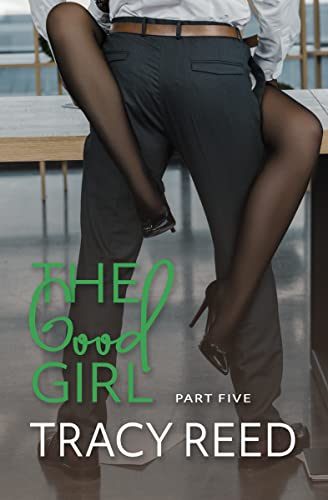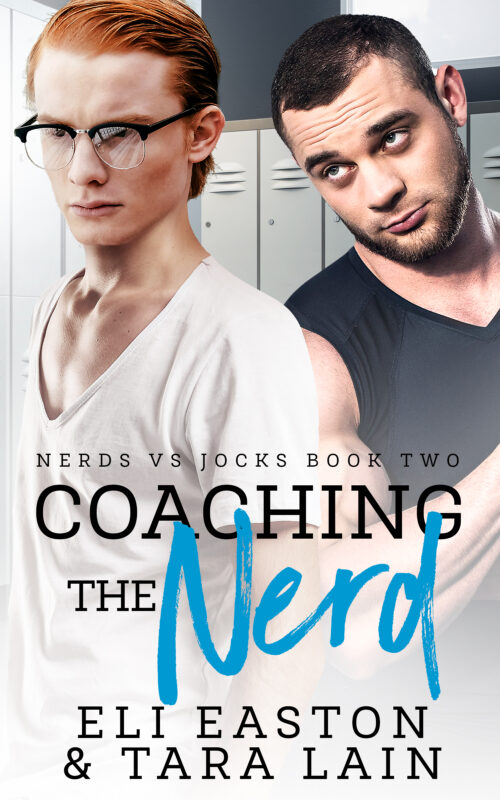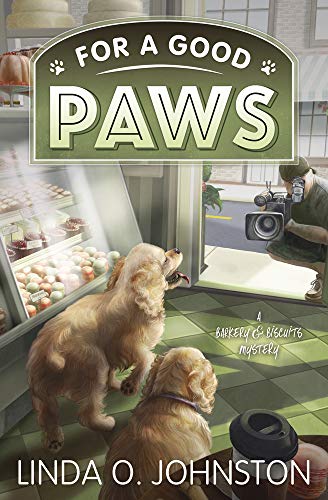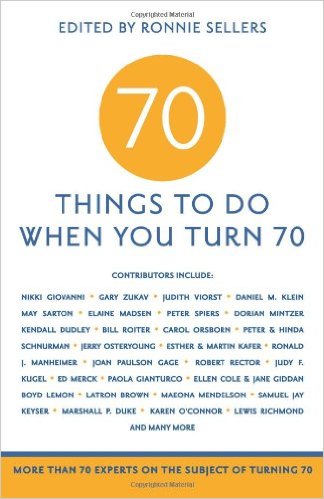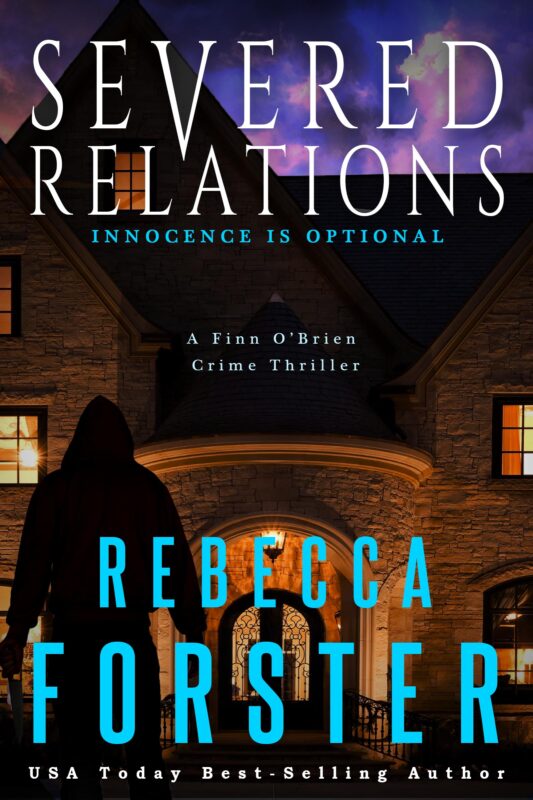Haiga by Neetu
October 26, 2025 by Neetu Malik in category Poet's Day by Neetu Malik tagged as haiga, images, Neetu, poetry
Haiga by Neetu




Some of Neetu’s Books
Neetu Malik: Featured Author
February 28, 2025 by Neetu Malik in category Featured Author of the Month tagged as Featured Author of the Month, Neetu Malik, Poet's Day, poetry

Neetu Malik’s poetry is an expression of life’s rhythms and the beat of the human spirit. She draws upon diverse multicultural experiences and observations across three continents in which she has lived. She has contributed to The Australia Times Poetry Magazine, October Hill Magazine, Prachya Review, among others. Her poems have appeared in The Poetic Bond Anthology V and VI published by Willowdown Books, UK, NY Literary Magazine’s Tears Anthology and Poetic Imagination Anthology (Canada).
Her poem, “Soaring Flames”, was awarded First-Place by the NY Literary Magazine (2017). She has also been nominated for the Pushcart Prize, 2019 for her poem “Sacred Figs” published by Kallisto Gaia Press in their Ocotillo Review in May, 2018.
Neetu lives in Pennsylvania, USA.
You can find Neetu’s poetry in these volumes.
Hover on the cover for buy links. Click on the cover for more information.
0 0 Read more
Neetu Malik: Featured Author
February 14, 2025 by Neetu Malik in category Featured Author of the Month tagged as Featured Author of the Month, Neetu Malik, Poet's Day, poetry

Neetu Malik’s poetry is an expression of life’s rhythms and the beat of the human spirit. She draws upon diverse multicultural experiences and observations across three continents in which she has lived. She has contributed to The Australia Times Poetry Magazine, October Hill Magazine, Prachya Review, among others. Her poems have appeared in The Poetic Bond Anthology V and VI published by Willowdown Books, UK, NY Literary Magazine’s Tears Anthology and Poetic Imagination Anthology (Canada).
Her poem, “Soaring Flames”, was awarded First-Place by the NY Literary Magazine (2017). She has also been nominated for the Pushcart Prize, 2019 for her poem “Sacred Figs” published by Kallisto Gaia Press in their Ocotillo Review in May, 2018.
Neetu lives in Pennsylvania, USA.
You can find Neetu’s poetry in these volumes.
Hover on the cover for buy links. Click on the cover for more information.
0 0 Read more
Neetu Malik: Featured Author
February 1, 2025 by Neetu Malik in category Featured Author of the Month tagged as Featured Author of the Month, Neetu Malik, Poet's Day, poetry

Neetu Malik’s poetry is an expression of life’s rhythms and the beat of the human spirit. She draws upon diverse multicultural experiences and observations across three continents in which she has lived. She has contributed to The Australia Times Poetry Magazine, October Hill Magazine, Prachya Review, among others. Her poems have appeared in The Poetic Bond Anthology V and VI published by Willowdown Books, UK, NY Literary Magazine’s Tears Anthology and Poetic Imagination Anthology (Canada).
Her poem, “Soaring Flames”, was awarded First-Place by the NY Literary Magazine (2017). She has also been nominated for the Pushcart Prize, 2019 for her poem “Sacred Figs” published by Kallisto Gaia Press in their Ocotillo Review in May, 2018.
Neetu lives in Pennsylvania, USA.
You can find Neetu’s poetry in these volumes.
Hover on the cover for buy links. Click on the cover for more information.
0 0 Read more
Obsession by Kidd Wadsworth
July 25, 2024 by Kidd Wadsworth in category Infused with Meaning by Kidd Wadsworth tagged as Obsession, poetry, trusses, words
Obsession is my natural state.
As an undergraduate in Electrical Engineering at Texas A&M University, I was required to take a Mechanical Engineering course where we analyzed the forces in a truss. Trusses, often triangular networks of beams, are commonly found in bridges. As I recall the course material now, some 40 years later, there were two methods of analyses. I had been intently studying those methods for an upcoming test, when I closed my books and went to bed to catch some z’s. Immediately, I began to dream about trusses. In my dream there appeared two beams. As I, with great speed, analyzed the forces in each beam, the beams themselves, like some terrible organic disease, reproduced. Suddenly, there were four beams. Terrified, I worked even faster, but the beams again reproduced. Now there were eight. Pencil flying, I analyzed. Sixteen beams.
Thankfully, my roommate shook me awake. “You’re mumbling,” she said. “Are you okay?”
I have no idea what I replied. But when I closed my eyes, two beams appeared. I began my calculations. Ut oh. Four beams. Eight beams. Sixteen beams. Thirty-two beams.
She shook me awake again. Understanding it wasn’t real, I cried out, “There is no truss!”
Yes, she thought I was nuts, but I did manage to sleep without that nightmare returning.
Years earlier, at thirteen, I had discovered poetry. I remember jotting down lines of verse on any scrap piece of paper I could find. When I was sixteen, and got my driver’s license, my mom sent me all over Dallas running errands. (Yes, I loved it.) One evening, flying home on the freeway, I pondered the word “mobile.”
I pronounce this word with a short ‘i’, like the gas station, or a child’s toy hung over the crib. Thus, it is nearly impossible to stop the word from leaving the palate quickly. As I drove, through the mix-master and across the city of Dallas, I repeated the word “mobile”. Mobile. Mobile. Mobile.
I was in love with words.
Somehow, when I wasn’t paying attention, when I didn’t realize what I was losing, I abandoned my love of words and my love of poetry. Perhaps I was too busy pursuing romantic love or trying to analyze trusses. But now, years later my obsession with the sound of words, and all things poetry, has returned.
Consider the word, “blink”. Say it out loud. “Blink”. Notice how the hard “b” at the beginning and the hard “k” at the end are like clicking switches. So that the word “blink” turns on with the “b” sound and turns off with the “k” sound. Great word, “blink”.
And yes, I’m entering poetry contests. Not once, but as many times as allowed.
This could get expensive.
I’m obsessed. And I don’t mind. I’m dreaming about poetry. (It is infinitely better than dreaming about trusses.) I’m waking up in the middle of the night and scribbling down lines. And no, I don’t want it to stop. My mind has gone down a rabbit hole.
Pour the tea. I can handle the Queen of Hearts. I love it here.
–Kidd
Hey, have you ever thought about the words effervescence and quiescence? Go on, say them fifteen times. I LOVE WORDS!!!
Some of Kidd’s stories are in the following anthologies:
Affiliate Links
A Slice of Orange is an affiliate with some of the booksellers listed on this website, including Barnes & Nobel, Books A Million, iBooks, Kobo, and Smashwords. This means A Slice of Orange may earn a small advertising fee from sales made through the links used on this website. There are reminders of these affiliate links on the pages for individual books.
Search A Slice of Orange
Find a Column
Archives
Featured Books
THE GOOD GIRL PART FIVE
I eloped with a man I thought I knew, but didn't.
More info →FOR A GOOD PAWS
Barkery owner Carrie Kennersly is leashed with a tale of two culprits.
More info →70 THINGS TO DO WHEN YOU TURN 70
70 Things to Do When You Turn 70 celebrates the opportunities to have meaningful and fulfilling lives at 70 and beyond.
More info →SEVERED RELATIONS
Detective Finn O'Brien catches the call: two kids and their nanny are dead behind the gates of Freemont Place.
More info →Newsletter
Contributing Authors
Search A Slice of Orange
Find a Column
Archives
Authors in the Bookstore
- A. E. Decker
- A. J. Scudiere
- A.J. Sidransky
- A.M. Roark
- Abby Collette
- Alanna Lucus
- Albert Marrin
- Alice Duncan
- Alina K. Field
- Alison Green Myers
- Andi Lawrencovna
- Andrew C Raiford
- Angela Pryce
- Aviva Vaughn
- Barbara Ankrum
- Bethlehem Writers Group, LLC
- Carol L. Wright
- Celeste Barclay
- Christina Alexandra
- Christopher D. Ochs
- Claire Davon
- Claire Naden
- Courtnee Turner Hoyle
- Courtney Annicchiarico
- D. Lieber
- Daniel V. Meier Jr.
- Debra Dixon
- Debra H. Goldstein
- Debra Holland
- Dee Ann Palmer
- Denise M. Colby
- Diane Benefiel
- Diane Sismour
- Dianna Sinovic
- DT Krippene
- E.B. Dawson
- Emilie Dallaire
- Emily Brightwell
- Emily PW Murphy
- Fae Rowen
- Faith L. Justice
- Frances Amati
- Geralyn Corcillo
- Glynnis Campbell
- Greg Jolley
- H. O. Charles
- Jaclyn Roché
- Jacqueline Diamond
- Janet Lynn and Will Zeilinger
- Jaya Mehta
- Jeannine Atkins
- Jeff Baird
- Jenna Barwin
- Jenne Kern
- Jennifer D. Bokal
- Jennifer Lyon
- Jerome W. McFadden
- Jill Piscitello
- Jina Bacarr
- Jo A. Hiestand
- Jodi Bogert
- Jolina Petersheim
- Jonathan Maberry
- Joy Allyson
- Judy Duarte
- Justin Murphy
- Justine Davis
- Kat Martin
- Kidd Wadsworth
- Kitty Bucholtz
- Kristy Tate
- Larry Deibert
- Larry Hamilton
- Laura Drake
- Laurie Stevens
- Leslie Knowles
- Li-Ying Lundquist
- Linda Carroll-Bradd
- Linda Lappin
- Linda McLaughlin
- Linda O. Johnston
- Lisa Preston
- Lolo Paige
- Loran Holt
- Lynette M. Burrows
- Lyssa Kay Adams
- Madeline Ash
- Margarita Engle
- Marguerite Quantaine
- Marianne H. Donley
- Mary Castillo
- Maureen Klovers
- Megan Haskell
- Melanie Waterbury
- Melisa Rivero
- Melissa Chambers
- Melodie Winawer
- Meriam Wilhelm
- Mikel J. Wilson
- Mindy Neff
- Monica McCabe
- Nancy Brashear
- Neetu Malik
- Nikki Prince
- Once Upon Anthologies
- Paula Gail Benson
- Penny Reid
- Peter J Barbour
- Priscilla Oliveras
- R. H. Kohno
- Rachel Hailey
- Ralph Hieb
- Ramcy Diek
- Ransom Stephens
- Rebecca Forster
- Renae Wrich
- Roxy Matthews
- Ryder Hunte Clancy
- Sally Paradysz
- Sheila Colón-Bagley
- Simone de Muñoz
- Sophie Barnes
- Susan Kaye Quinn
- Susan Lynn Meyer
- Susan Squires
- T. D. Fox
- Tara C. Allred
- Tara Lain
- Tari Lynn Jewett
- Terri Osburn
- Tracy Reed
- Vera Jane Cook
- Vicki Crum
- Writing Something Romantic
Affiliate Links
A Slice of Orange is an affiliate with some of the booksellers listed on this website, including Barnes & Nobel, Books A Million, iBooks, Kobo, and Smashwords. This means A Slice of Orange may earn a small advertising fee from sales made through the links used on this website. There are reminders of these affiliate links on the pages for individual books.



















